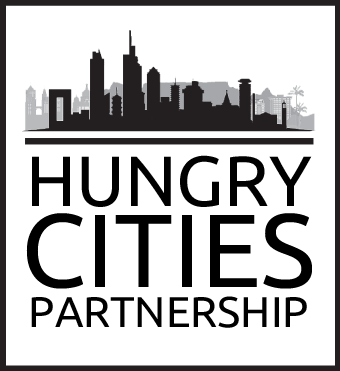Document Type
Hungry Cities Paper
Publication Date
2019
Department
Balsillie School of International Affairs
Abstract
The role of the informal food sector in the urban food system cannot be appreciated or understood without the compilation and analysis of systematic and representative data on the activities of informal enterprises across a city and along food supply chains outside it. At present, there are significant gaps in the knowledge base about the character, operation, and roles of the informal food sector; a pre-requisite for sound and supportive governance. This paper presents evidence on the relative importance of the informal food sector and discusses various methodologies for improving the knowledge base. It identifies the challenges and opportunities facing individuals and enterprises operating in the sector as well as the challenges posed by informality more generally. The paper also examines the issue of informal sector governance, including policy prescriptions that have followed from different understandings of informality, and discusses various existing policies and possible interventions. We argue that maximizing the potential benefits of the informal food sector requires well designed institutional and policy frameworks, an appropriate enabling environment, and effective policies and interventions. The final section identifies priority areas for future research.
Recommended Citation
Young, G., & Crush, J. (2019). Governing the informal food sector in cities of the Global South (No. 30). Hungry Cities Partnership Discussion Papers. Retrieved from http://hungrycities.net
Included in
Food Studies Commons, Human Geography Commons, Politics and Social Change Commons, Urban Studies and Planning Commons


